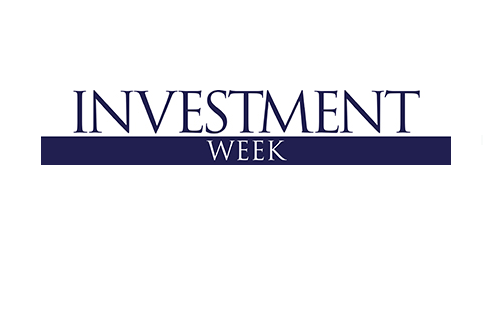Cristian Angeloni, Investment Week, 11 December 2024:
The ability of investment trust non-executive directors (NEDs) to effectively understand and challenge valuations of private companies has been called into question, as demand for private investments rises and regulatory scrutiny intensifies.
Appetite for private market opportunities has rapidly increased in recent years, with investment trusts traditionally one of the preferred vehicles to access this area, with Numis analyst Ash Nandi highlighting the steady presence of alternative asset investment trusts on retail platforms’ ‘most bought lists’ over the last year.
As a result of this demand and launches of newer products targeting private market opportunities – including LTAFs in the UK and ELTIFs in Europe – processes and structures related to private companies and their valuations have come under fresh scrutiny.
The governance of investment trust boards has also fallen under this spotlight, after some former and current non-executive directors (NEDs) shared concerns over transparency and board practices, including recruitment and independence, with some relating to private markets in particular..
Often there is at least one NED with investment experience on an investment trust board, as the FCA’s disclosure and transparency rules require at least one sitting NED to have financial and/or accounting experience.
However, that is not always the case, highlighted James Carthew, head of investment companies at QuotedData.
As such, this can create a knowledge and skills vacuum within an investment trust board, making it even more difficult to review valuations of private companies or even be able to challenge any aspect of the methodology used by either the asset manager, the third-party valuer, or both.
Read more here
